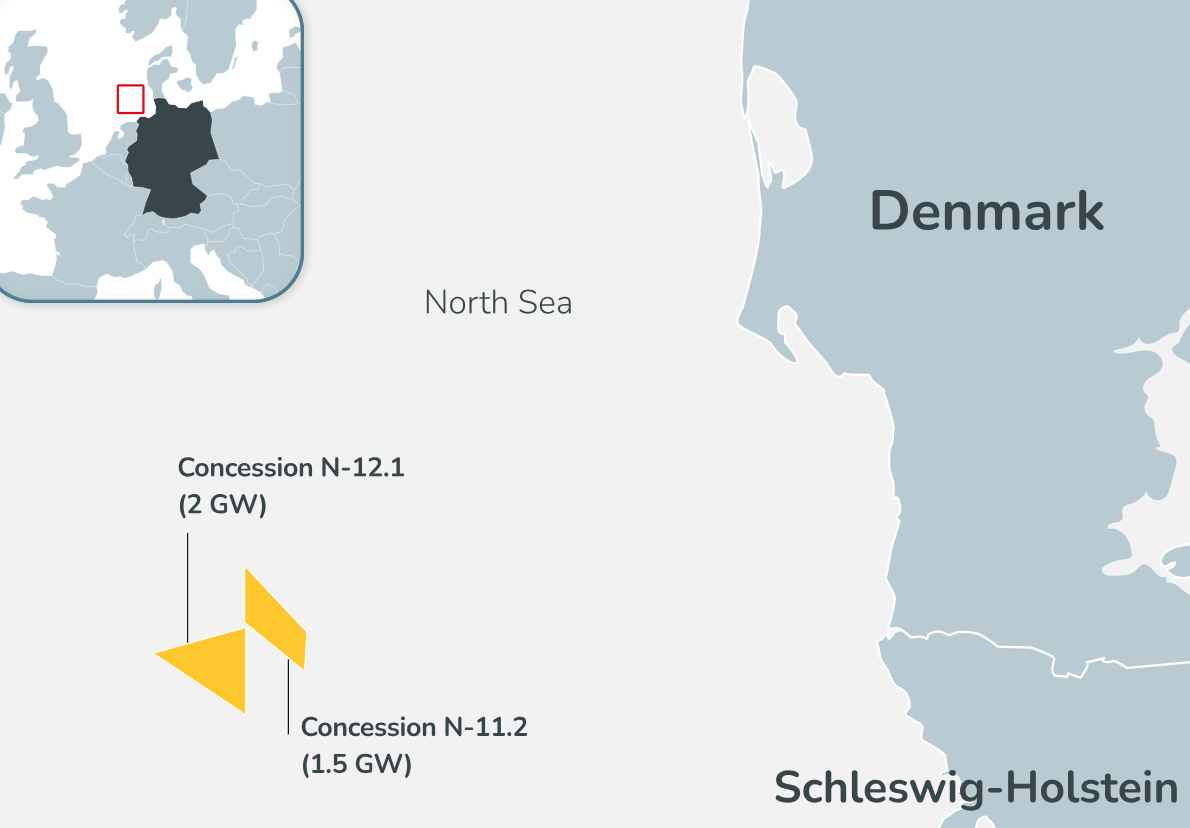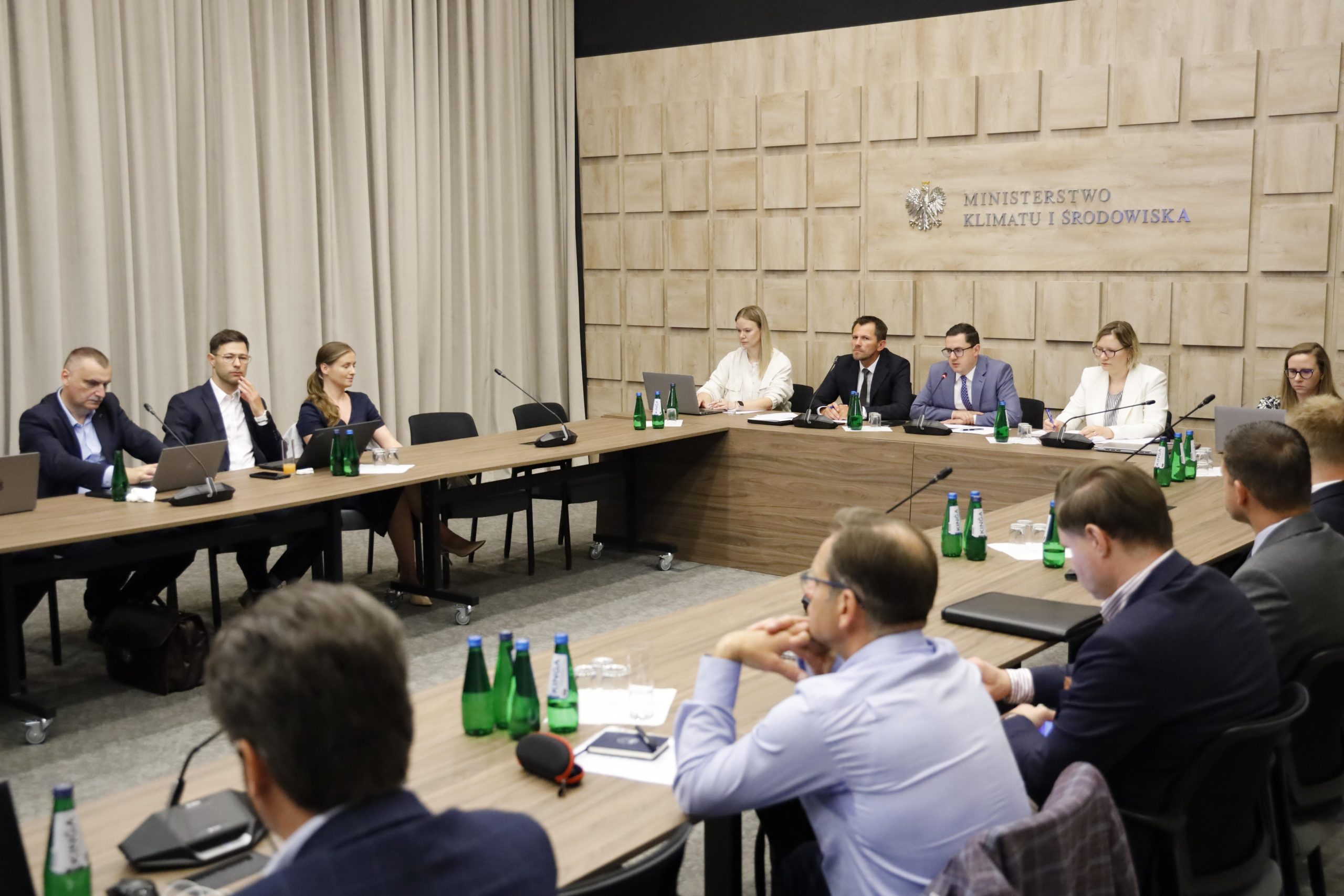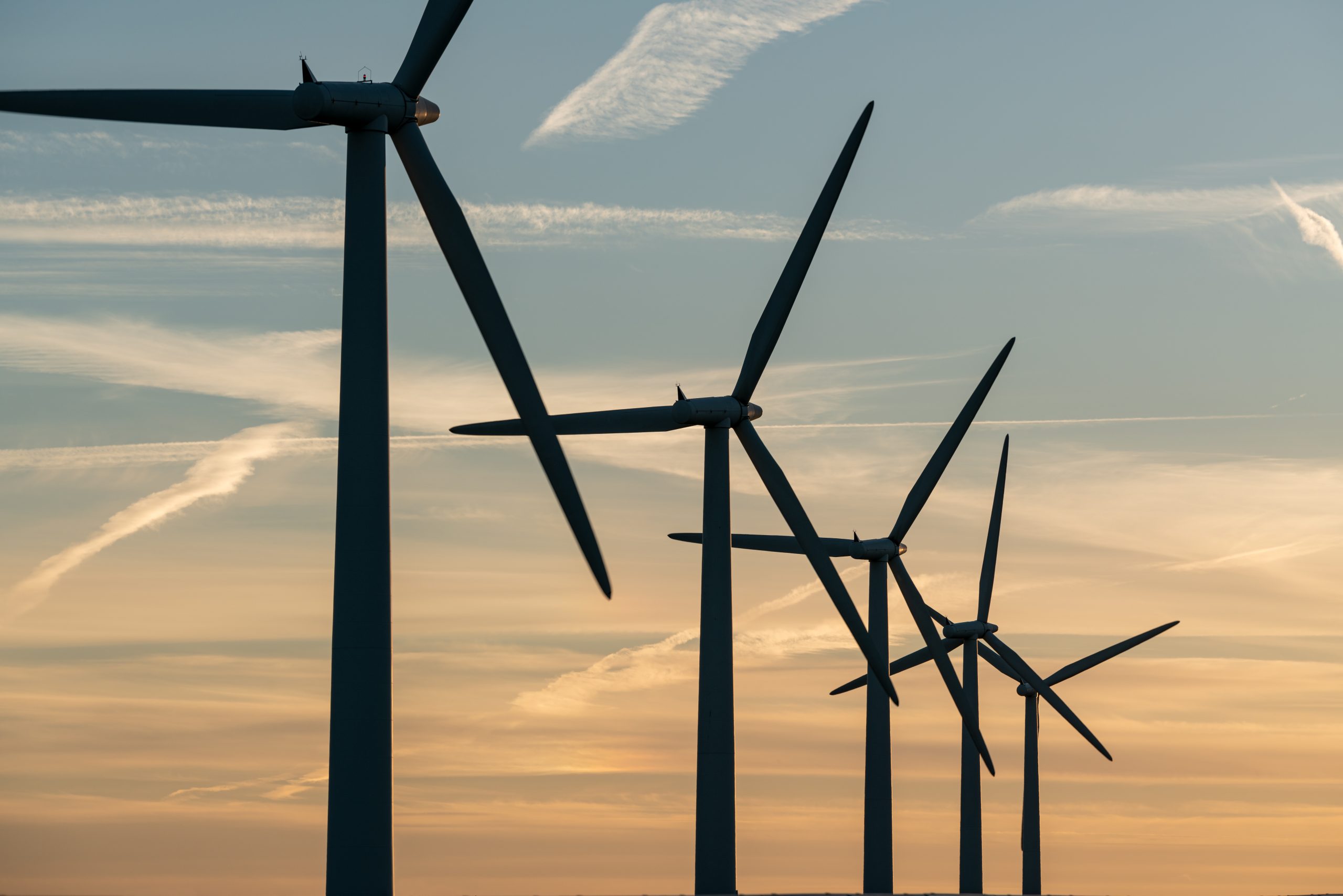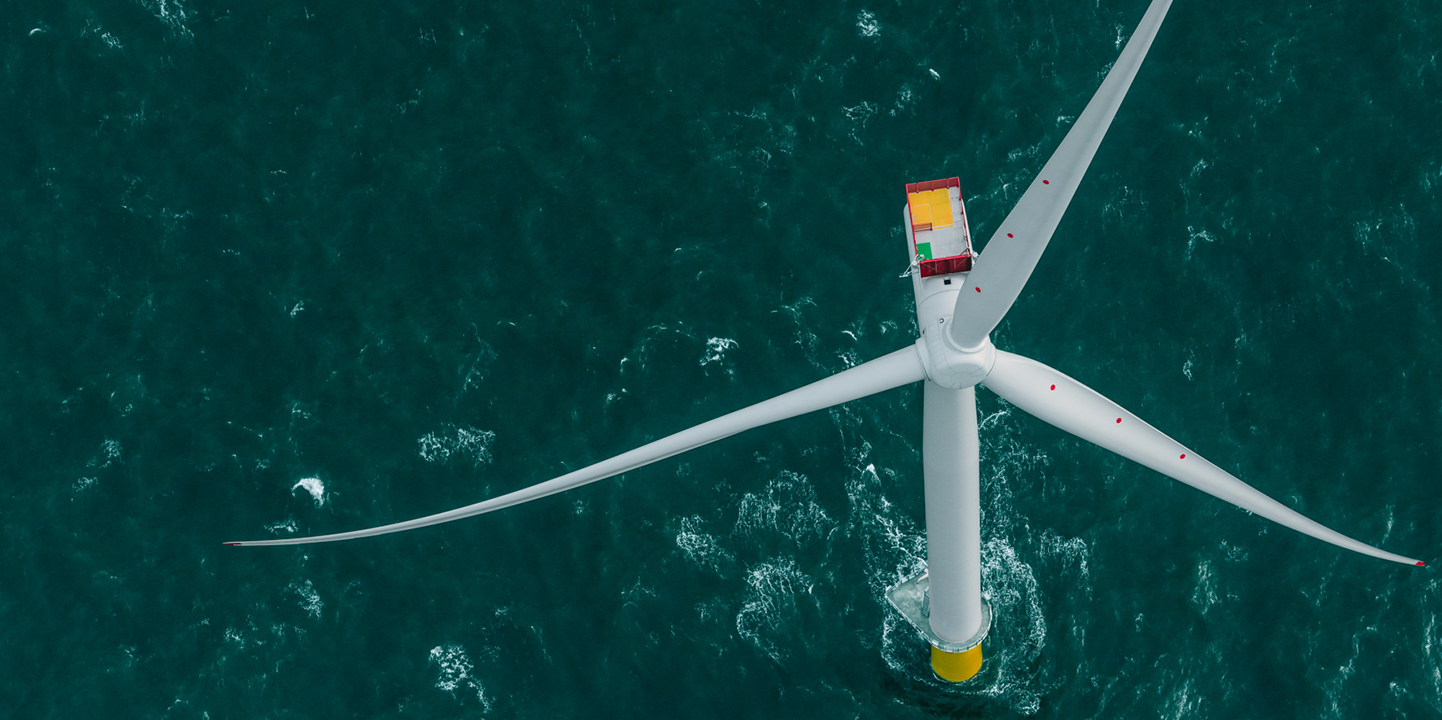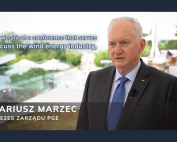In a significant move towards bolstering energy security and advancing renewable energy development, the Baltic Assembly and the Baltic Council of Ministers recently convened a conference titled ‘Energy Future of the Baltic States: Addressing Regional Challenges Together’. The event underscored the importance of regional cooperation among the Baltic States to enhance energy independence and integrate renewable energy sources.
Since the onset of Russia’s war in Ukraine, the Baltic States have intensified their efforts in the energy sector, rapidly advancing plans to diversify their energy supplies. Historically vulnerable to Russian energy leverage, the Baltic States are progressing towards immunity from such geopolitical threats. Despite a ban on Russian natural gas and LNG imports, and a significant reduction in actual gas deliveries from Russia by the end of 2022, concerns persist regarding continued Russian energy flows to the EU. Consequently, the Baltic States advocate for phasing out all Russian energy imports at the earliest opportunity.
Andrius Kupčinskas, Head of the Seimas Delegation to the Baltic Assembly and President of the Baltic Assembly, emphasized the central role of cross-border infrastructure and cooperation in the region’s energy policy. Efforts to improve key gas and electricity interconnections in the Baltic region are ongoing, aimed at resolving existing transmission bottlenecks and enhancing energy security.
“This approach further secures the energy security of the region and allows the region to be better prepared for the unexpected. However, despite significant progress, many issues remain to be addressed and a number of challenges remain in place,” Kupčinskas stated. He highlighted the necessity for deeper regional cooperation to strengthen the resilience of the Baltic Sea’s energy infrastructure.
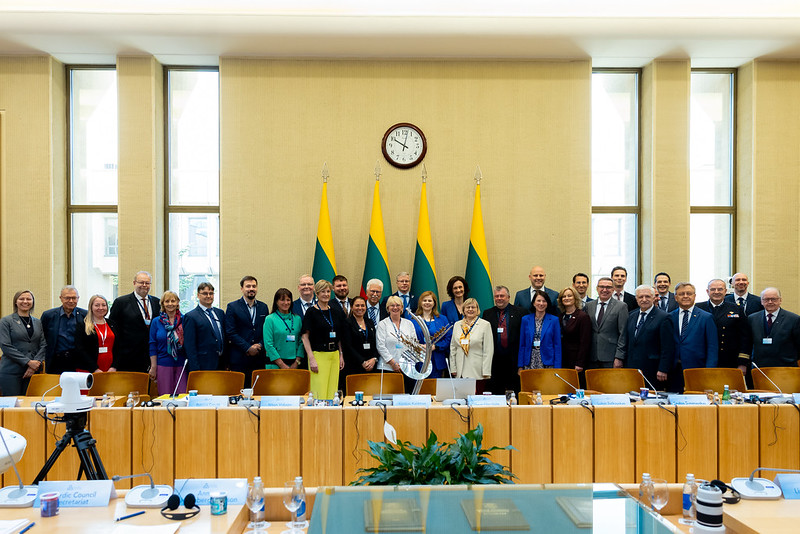
Photo by Olga Posaškova, Office of the Seimas
A pivotal theme of the conference was the transition to renewable energy sources as a response to the climate crisis and the energy transition. The future energy system will be integrated, incorporating hydrogen, onshore and offshore wind, solar photovoltaic, solar thermal, and even natural gas and biomethane, functioning in a coordinated manner.
Significant agreements have been reached regarding new interconnections and the production of renewable energy. Kupčinskas pointed out that the future of the Baltic States’ energy independence lies heavily in developing renewable energy capacities, particularly offshore wind energy projects. These projects necessitate interconnections not only among the Baltic States but also with Scandinavian and Central European countries. Currently, all Baltic States are enhancing their offshore and onshore wind farm capacities, tapping into the substantial potential of the Baltic Sea to drive the energy transition through offshore wind.
“This surge in activity aligns with the heightened focus on energy security and renewable energy targets,” affirmed Kupčinskas.
The conference concluded with a strong commitment to advancing renewable energy projects, fostering political cooperation, and accelerating joint efforts to ensure a sustainable and secure energy future for the Baltic region. The emphasis on offshore wind energy marks a critical step in the Baltic States’ strategy to achieve energy independence and combat climate change.
Source: Office of the Seimas


